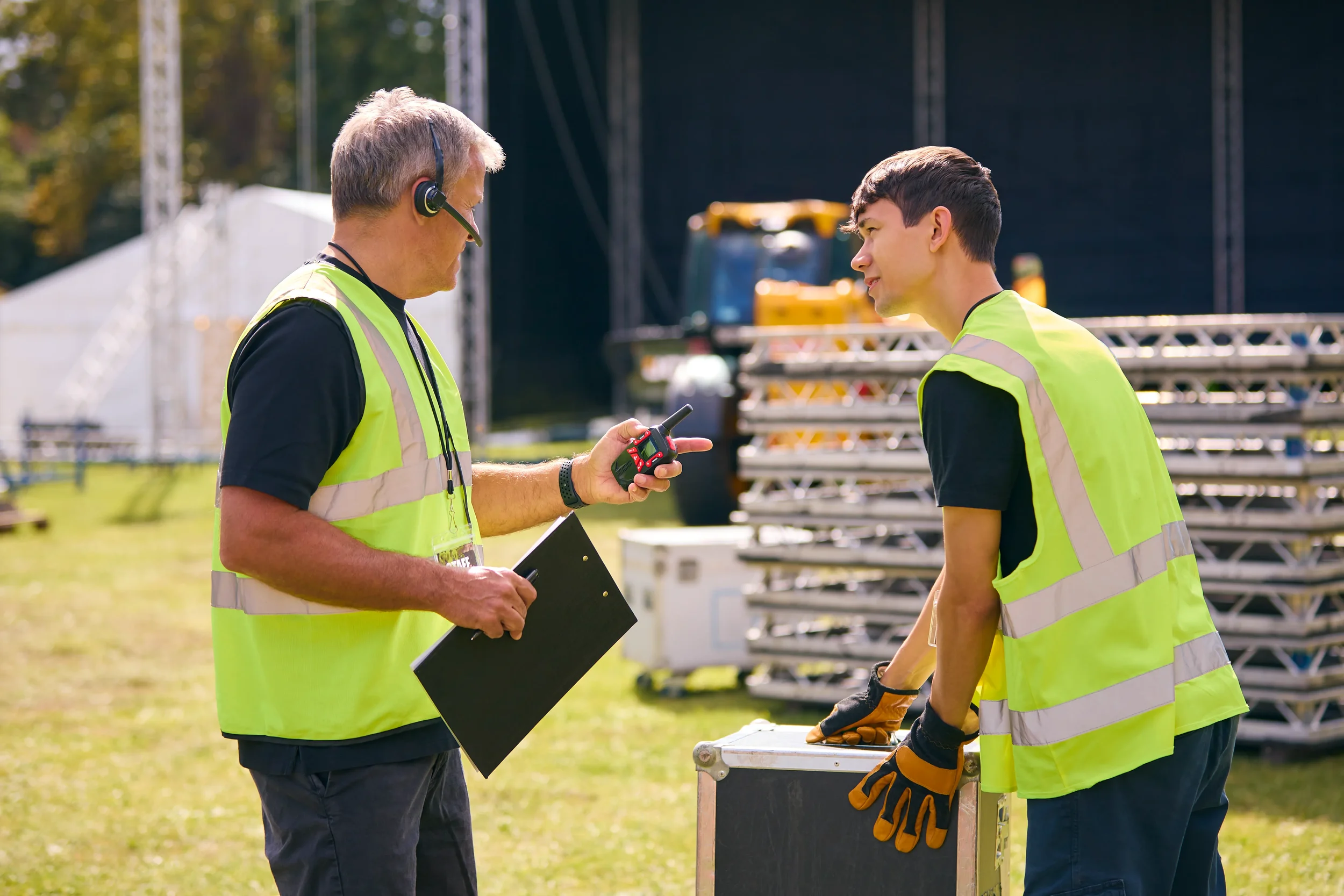The Key Elements of Successful Live Event Management
Live event management is a complex yet rewarding process that combines creative planning, logistics, and on-the-spot decision-making. Whether it's a corporate seminar, concert, or product launch, success relies on a blend of preparation, teamwork, and flexibility.
Strategic Planning in Live Event Management
Every successful live event begins with clear goals and a well-structured plan. The planning stage in live event management involves identifying the target audience, selecting a suitable venue, and establishing a realistic timeline and budget. Event managers must outline specific objectives, such as brand awareness, lead generation, or community engagement, to shape the experience accordingly.
Strong communication and coordination are vital at this stage. This includes securing permits, coordinating with vendors, and creating contingency plans for weather, technical issues, or delays. Project management tools and checklists help teams stay aligned and meet deadlines without stress.
Technology and Tools That Support Live Event Management
Technology is a cornerstone of modern live event management. From ticketing platforms and mobile check-ins to live streaming and interactive apps, tech enhances every aspect of the experience. Audio-visual equipment, lighting systems, and reliable internet connections are non-negotiables for a smooth operation.
RFID badges, event apps, and attendee tracking tools also improve security, streamline entry, and gather valuable data for post-event analysis. Choosing the right tech stack ensures both guests and staff can focus on enjoying the moment rather than managing chaos.
Team Coordination and On-Site Execution
Once the big day arrives, flawless execution is key. Live event management teams must have clear roles—from stage managers and AV technicians to catering supervisors and security personnel. Effective on-site management means being proactive and responsive.
A solid run-of-show document is essential, outlining the timeline minute by minute. Regular radio check-ins and command centers also help keep everyone in sync. From guest arrival to closing remarks, attention to detail ensures everything runs on time and on brand.
Post-Event Evaluation and Feedback Collection
Excellent live event management doesn't end when the lights go out. Post-event evaluation is a crucial step that helps teams learn and improve. Gathering feedback from attendees, vendors, and internal staff provides insights into what worked and what didn't.
Use surveys, social media monitoring, and analytics from ticketing systems to understand audience engagement and satisfaction. This information is crucial for enhancing future events and evaluating ROI against initial objectives.
Final Thoughts
Mastering live event management means balancing creativity with logistics. From strategic planning to real-time problem solving and feedback analysis, each stage contributes to a successful event. Professionals who invest in preparation, technology, and communication will deliver experiences that leave a lasting impact.
Plan Your Next Event With Confidence
Ready to elevate your next event? Contact our team to get expert live event management services tailored to your goals. Explore more event tips on our Homerun Entertainment Inc. blog.



